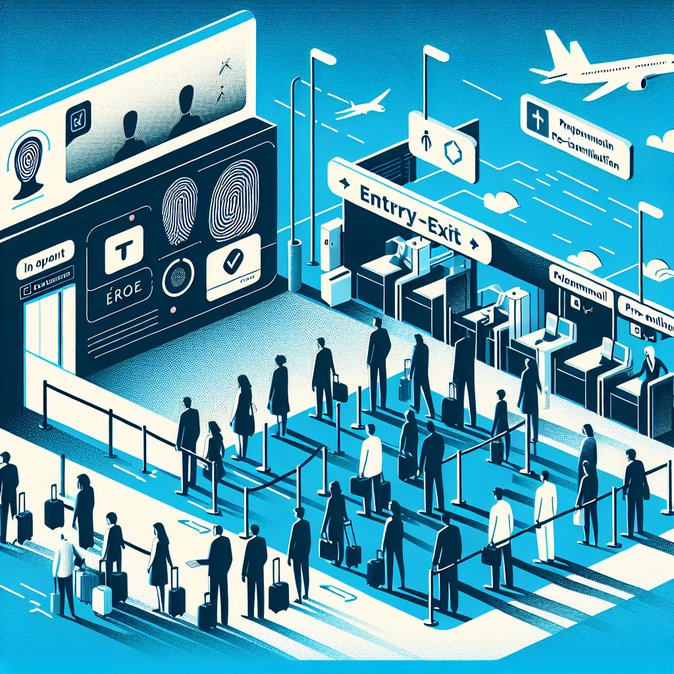
On 22 October 2025 the French Civil Aviation Safety & Airports Committee (CSAE) published a briefing confirming that the EU’s new Entry-Exit System (EES) will launch as scheduled on 12 October 2025, with full biometric compliance due by 10 April 2026. The note summarises lessons from trials at Paris-Charles-de-Gaulle’s Terminal 2E, where first-time registrations added up to four minutes per passenger despite ideal conditions.
French airport operators, represented by the Fédération Nationale de l’Aviation et de ses Métiers (FNAM), fear processing times could double at peak periods if the European Commission fails to deliver a promised mobile pre-enrolment app before Christmas. Airlines have asked the interior ministry for temporary waivers allowing manual stamping for connecting passengers with sub-90-minute layovers.
For businesses relocating staff or rotating project teams through France, the message is clear: instruct non-EU employees and frequent travellers (including UK passport holders) to complete pre-travel data capture as soon as the app is live. Companies may also need to extend minimum connection times in travel-booking tools and renegotiate service-level agreements with travel-management companies to reflect the new regime.
Ground-handling firms at CDG and Orly are recruiting multilingual staff to manage EES kiosks, creating short-term labour demand. Immigration lawyers note that accurate EES records will make overstays more visible, increasing the importance of precise date-tracking for posted-worker declarations and assignee exit formalities.
French airport operators, represented by the Fédération Nationale de l’Aviation et de ses Métiers (FNAM), fear processing times could double at peak periods if the European Commission fails to deliver a promised mobile pre-enrolment app before Christmas. Airlines have asked the interior ministry for temporary waivers allowing manual stamping for connecting passengers with sub-90-minute layovers.
For businesses relocating staff or rotating project teams through France, the message is clear: instruct non-EU employees and frequent travellers (including UK passport holders) to complete pre-travel data capture as soon as the app is live. Companies may also need to extend minimum connection times in travel-booking tools and renegotiate service-level agreements with travel-management companies to reflect the new regime.
Ground-handling firms at CDG and Orly are recruiting multilingual staff to manage EES kiosks, creating short-term labour demand. Immigration lawyers note that accurate EES records will make overstays more visible, increasing the importance of precise date-tracking for posted-worker declarations and assignee exit formalities.




